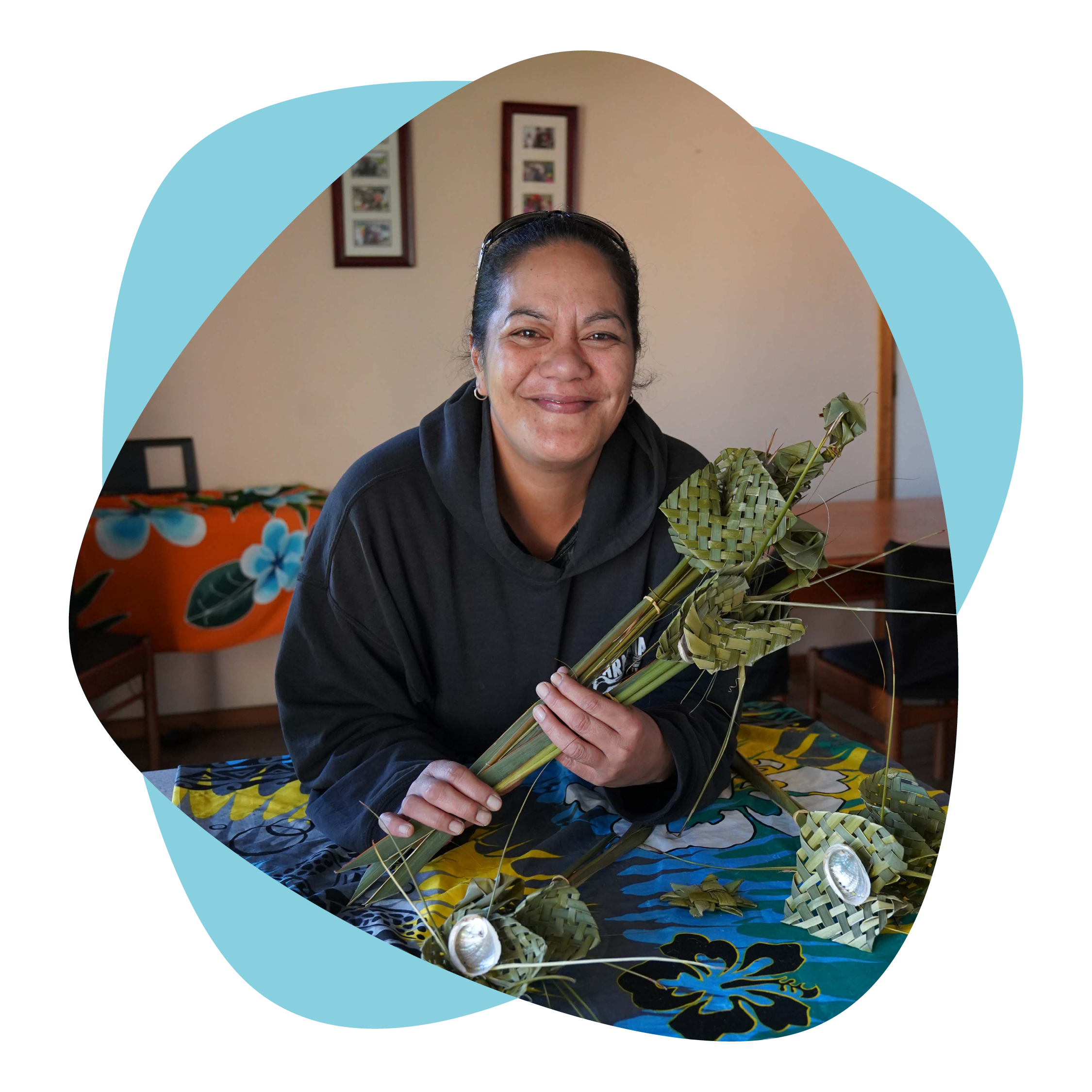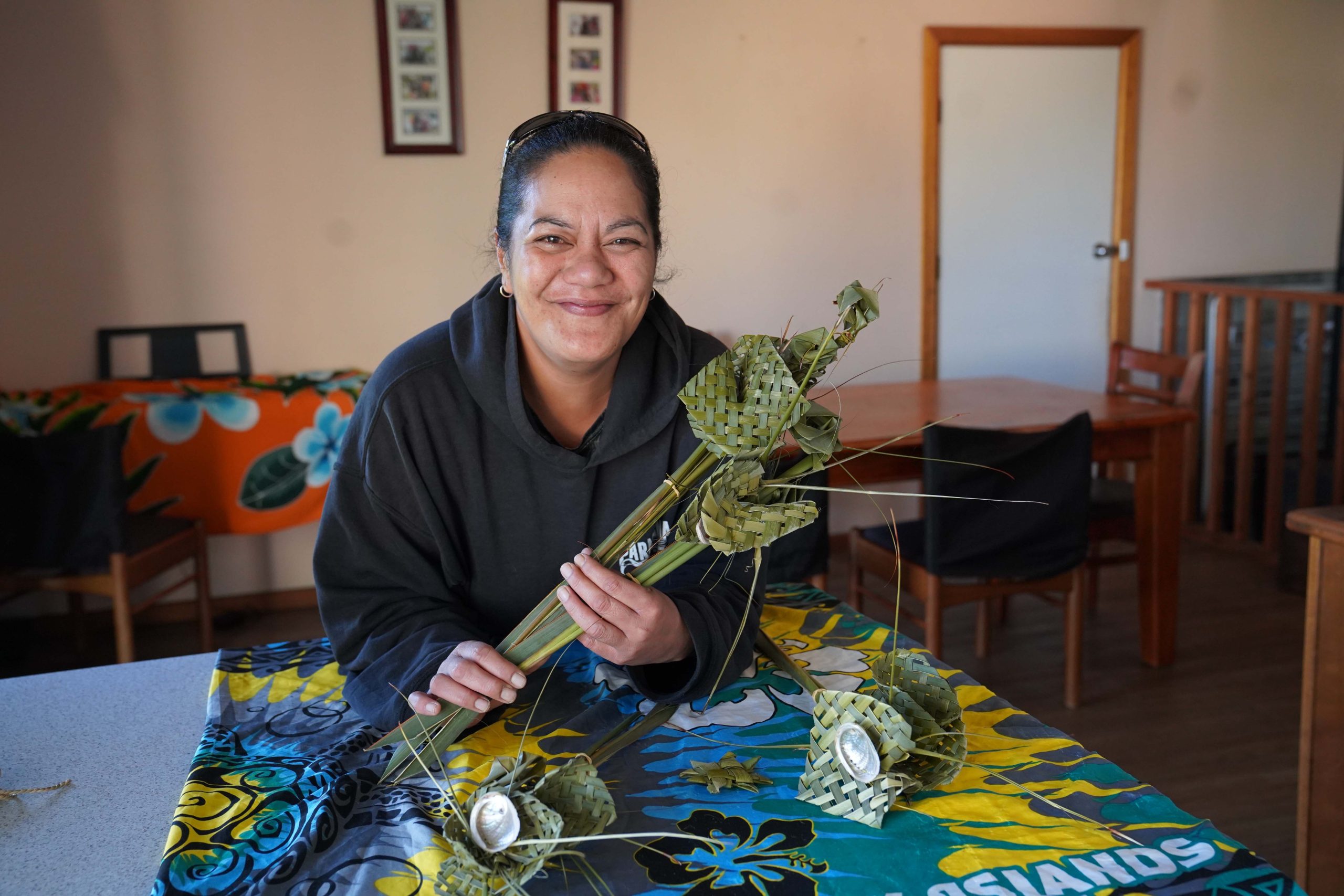
12 September 2023
ROOTED IN CULTURE

Family, culture, and identity.
These three values lie at the very heart of the Mauheni-Edwards family – and are what have helped Aroha and her husband Huey connect with the 17-year-old young man who recently came into their care.
A Māori woman originally from the east coast and northern tribes of New Zealand, Aroha now lives on Kangaroo Island with her family.
For Aroha, connection to place has always been an important part of her identity – and it is something she and Huey have tried to keep alive for their children.
“When we first moved here in 2007, I was eight and a half months pregnant,” Aroha said. “We made a promise to each other that if we were to stay, we would return back home every two years for the children, so they knew where they were from.”
When Aroha and Huey were approached to take on the care of their son’s friend – a 17-year-old Aboriginal young man – things seemed to just fall into place.
“My son Kaea knew him from school – they were already good mates. Kaea really just wanted to support him,” Aroha said. “So, when DCP asked us, we sort of just went from there. He was already part of the family, but now it wasn’t just for the weekends.”
The concept of raising a child with no blood connection is not a new one to Aroha. In fact, the idea of a ‘whāngai’ has deep roots in Māori culture.
“In our culture, we have a similar system, but it’s not seen as a system – and it’s called a whāngai,” she said.
"A whāngai is someone who is loved by someone who is not their (biological) parent,”
“My husband Huey was a whāngai, and my eldest son is a whāngai to my parents. They brought him up for five years.”
Having witnessed the strength of whāngai first-hand, Aroha believes it is important to provide her family, including whāngai, a strong connection to identity – and for them to understand their roots.
For the young man in her care, this meant bringing him back to Country.
“When he started living here, we asked him where are his roots? Where are his rivers, where are his oceans? We told him we would take him home, and we did.” she said. “It was important for us that he return back, just as it’s important to return our kids back home.”
Although the young man has now been reunified with family, Aroha still cherishes the individual moments they spent together as family.
“Table talk over dinner is huge. We talk about our highlights and our fails. The first couple of dinners, he’d say ‘I don’t have a highlight.’ Now, when we ask him, he’ll talk for the whole dinner,” she recalls. “I love just seeing him communicate confidently and all those normal daily things that he now loves doing with us.”
However, she was most proud of the fact that he could eventually laugh with no reservations – as loudly and robustly as the rest of the family.
“I’m happy to say, he now laughs from the bottom of his belly. Head back, eyes closed, watering,” she said. “That’s what I love.”
If you are interested in becoming a Foster Carer, visit our Foster Care page.


